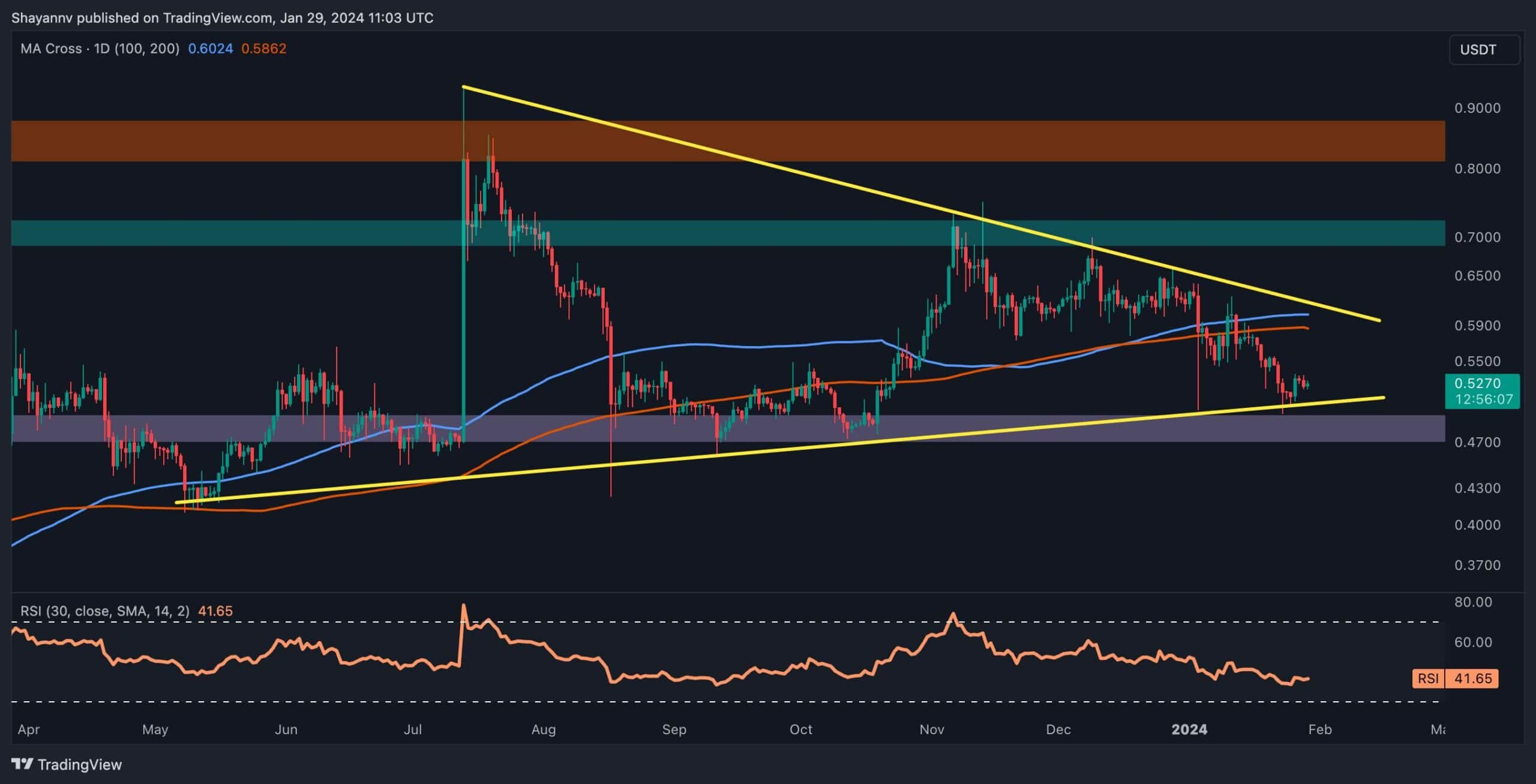Coinbase to Pay a $6.5 Million Fine Upon Wash Trading Accusations by the CFTC
Just before its direct listing, Coinbase has agreed to a 6,5 million-dollar fine after the CFTC found that the exchange engaged in illegal wash trading practices.
The CFTC found that Coinbase could be engaged in trading practices that provided misleading information to services like Coinmarketcap and the CME Bitcoin Real Time Index. This happened via the improper use of trading bots and even irregular actions by one unidentified worker.
According to Acting Director of Enforcement Vincent McGonagle, this fine sends a message to the cryptocurrency industry that the CFTC is stepping up its efforts to investigate and penalize any illicit practices that may have been carried out by regulated exchanges in the United States.
“Reporting false, misleading, or inaccurate transaction information undermines the integrity of digital asset pricing. This enforcement action sends the message that the Commission will act to safeguard the integrity and transparency of such information.”
Coinbase agreed to pay the fine as an effort to leave no dirty spot before is direct listing. Back in sdfsf it also disabled margin trading on Coinbase Pro to comply with a set of guidelines provided by the CFTC.
How Two Bots Gave Coinbase 6.5 Million Headaches
The CFTC explains that the irregularity happened due to the misuse of two order automation programs that GDAX implemented in the past. GDAX was later rebranded to Coinbase Pro in 2018 and is a trading platform geared toward advanced users.
At that time, the platform used Hedger and Replicator software to automate transactions. The CFTC does not explain in detail how the two programs worked, but it is known that they could have traded against each other.
When this happened, they could report higher volumes than the actual activity happening on the platform, encouraging traders to use Coinbase for a particular pair because it was considered more active.
This, of course, was not to the liking of U.S. regulators, who at the press conference spared no negative comments for the platform:
Coinbase recklessly delivered false, misleading, or inaccurate reports concerning transactions in digital assets, including Bitcoin, on the GDAX electronic trading platform it operated.
According to speculation from FTX’s CEO, Hedger could be an algorithm that seeks minimal intervention to balance prices while replicator could have a profit maximization or liquidity maintenance focus on pairs.
11) Replicator: retail buys 1 BTC on the Coinbase mobile app (paying 5!). “Replicator” buys 1 BTC immediately on the Coinbase orderbook.
Hedger would trade with Replicator if retail had been net buying but then someone sold, and one of the two (hedger, probably) was providing.
— SBF (@SBF_Alameda) March 20, 2021
Litecoin Makes The Headlines Again (For The Wrong Reasons)
The CFTC also mentions that an unidentified staff member used the platform to manipulate the Litecoin market, giving the appearance of increased liquidity or activity.
The order also finds that over a six-week period-August through September 2016-a former Coinbase employee used a manipulative or deceptive device by intentionally placing buy and sell orders in the Litecoin/Bitcoin trading pair on GDAX that matched each other as wash trades. This created the misleading appearance of liquidity and trading interest in Litecoin. Coinbase is therefore found to be vicariously liable as a principal for this employee’s conduct.
This coincidence is interesting since, during that time, Charlie Lee, creator of Litecoin, worked at Coinbase as Director of Engineering. The release, however, does not mention Charlie Lee or any other staff member, making the exchange as the main responsible for this missbehaviour.
Charlie Lee has not commented about the issue nor has Coinbase or any of its executive team.









